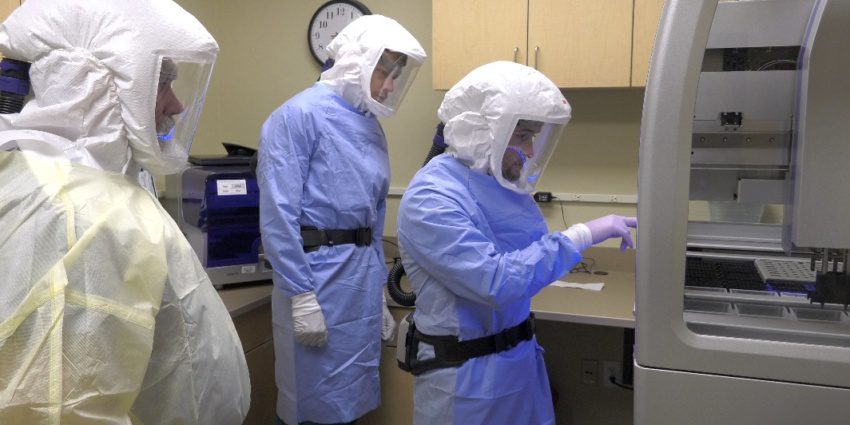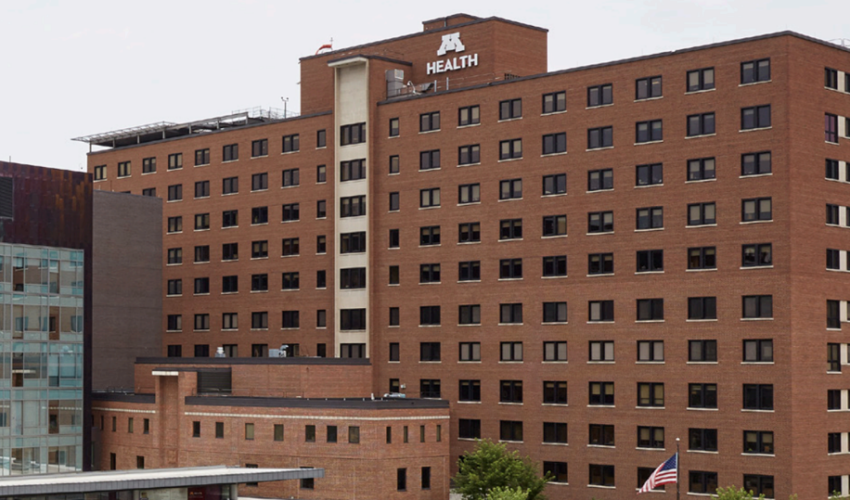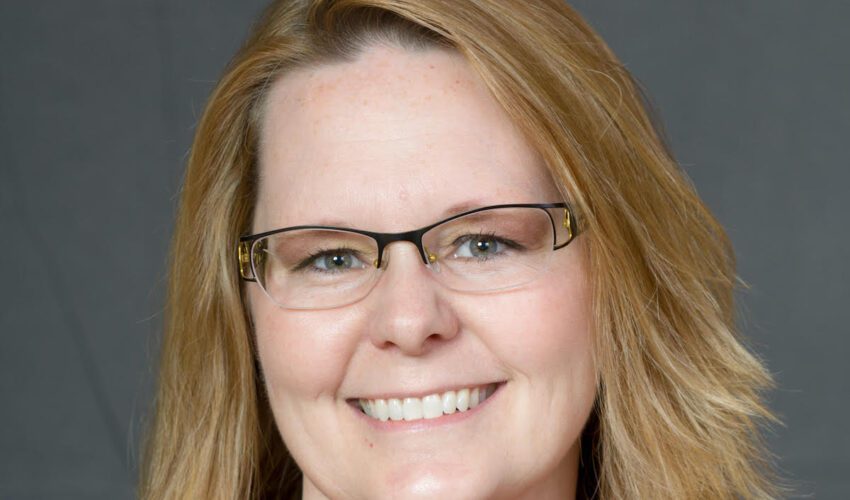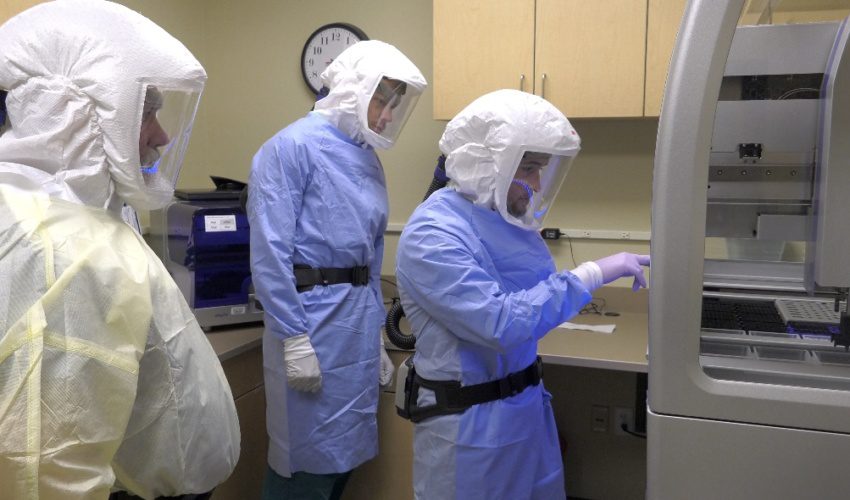Medical research and the COVID effect
May 6, 2021
This paid piece is sponsored by Avera Health.
Worldwide, as cases and deaths escalated, it was a race for a cure – or at least an effective treatment – for COVID-19.
Closer to home, Avera researchers were on the lookout for opportunities to participate in clinical trials that could offer patients options and, ultimately, hope.
This journey started with giving convalescent plasma to patients diagnosed with COVID-19. Individuals who recovered from COVID-19 were asked to donate plasma, and these antibodies were transferred to hospitalized patients in the hopes this would help convey additional protections. This treatment seemed to help some patients, but the data was unclear as to how well it worked. As physicians and scientists continued to learn more about the virus, numerous other experimental therapeutic options became available.
One experimental therapeutic option is the Regeneron monoclonal antibody cocktail, known as REGEN-COV. This is a cocktail of two lab-developed synthetic antibodies that specifically target and neutralize the virus by attaching to the spike protein of COVID, thus preventing the spikes from latching onto healthy cells.
As COVID cases began appearing in the region, Avera research experts began working with their contacts to find opportunities. “Our physicians learned all that was available about the virus and reviewed many clinical trial protocols trying to target the ones with the most promise,” said Amy Elliott, chief clinical research officer of Avera Research Institute.
Regeneron emerged as being highly recommended. Avera underwent a competitive process and was selected by Regeneron for these studies because of its integrated hospital structure and strong background in clinical research, Elliott added.
In August, Avera started by enrolling patients in three Regeneron studies for hospitalized COVID patients, nonhospitalized COVID patients and people who were exposed to COVID-19. Enrolling patients were made aware that they would receive either the study drug or a placebo.
“Enrollment in these trials went exceptionally well, and we were considered by Regeneron to be a high-enrolling site,” Elliott said.
Regeneron went on to receive emergency use authorization, or EAU, in November – at the height of the COVID surge in the Midwest. Patients could receive Regeneron only if they met certain criteria, so the ongoing clinical studies continued to give people options.
Bamlanivimab, another monoclonal antibody treatment, also received EUA in November.
Encouraging outcomes
At Avera, an analysis of patients from mid-November of 2020 to January 2021 followed 356 patients who received monoclonal antibody treatment. A 4.5 percent hospitalization rate was noted, compared to a projection of 9 percent to 11 percent for this group of patients.
Regeneron recently announced results that indicate the cocktail is effective in preventing the onset of symptoms and lessening the severity of symptoms in someone who tests positive for COVID.
Avera McKennan Hospital & University Health Center was also a clinical collaborator with Totient and Ginkgo Bioworks to identify antibodies against COVID-19 for further development.
And, early on, Avera treated hospitalized patients with the antiviral drug remdesivir, which received EUA in May and FDA approval in October 2020. Avera participated in a clinical trial with Gilead to look at the efficacy of using remdesivir with patients not requiring hospitalization. This study recently ended patient recruitment, and results are coming.
Inspiring impacts
“Most often with research, it takes a long time to see effects reach a large patient population,” Elliott said. “It was very inspirational to know we played an important role in helping to bring Regeneron to EUA. Our physicians were ahead of the curve when it came to embracing that research, and they could see firsthand the impact it was making.”
“Even before the EUA was granted for Regeneron, it was motivating to caregivers to be able to offer their patients some hope through participating in the clinical studies, even though they knew that half the patients participating would receive a placebo,” said Jyoti Angal, director of clinical research at Avera Research Institute.
“Clinical trials provided options to patients as physicians considered how to treat their disease based on the available science of the time. We were honored to take part in the Regeneron study and help bring that drug to our region earlier than anyone else did,” Elliott said.
The COVID effect
COVID has had an effect on how we work, play, travel and relate to other people. It also has had an effect on research.
“One of the things the pandemic caused us to do was to look at nontraditional data collection methods. Researchers will continue to be motivated to reach out to people who can’t come to us,” Angal said.
People from many aspects of the organization came together to allow Avera to set up its research clinic very quickly. COVID also intensified physician interest in research and provided learning opportunities for medical residents from the University of South Dakota.
“COVID research not only brought about effective treatments for the virus – research brought about vaccines, all of which are having a worldwide impact for the greater good,” Angal said. “Because of that, there’s increasing interest for people going into the field of medical research.”
Research leader evolves pediatric, community research throughout pandemic, beyond








